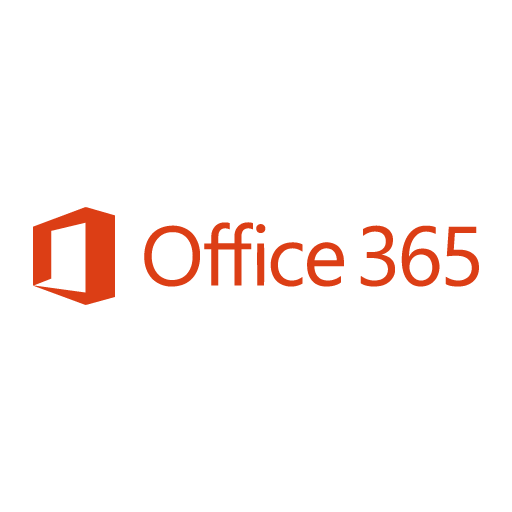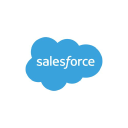We've Bootstrapped Two Successful Music Licensing Businesses [With $0 In Marketing]
Hello! Who are you, and what business did you start?
I’m Tanvi Patel, and in 2006, I started Crucial Music Corporation, aka CrucialMusic.com (a music licensing company), with my mentors Jim and Deborah Long. In 2015, we launched CrucialCustom.com, and in 2016 I bought out Jim and Deborah, and now I am the sole owner of the company.
The main product of both services is music licensing for film, television, and advertising. CrucialMusic.com contains 16,000+ pre-existing recordings in all genres of music, and CrucialCustom.com is a virtual custom music house that creates on-demand music for clients by the artists who are signed to CrucialMusic.com.
Our customers for both services include big studios and streamers such as ABC, Amazon, AppleTV+, CBS, Disney+, Fox, HBO, Hulu, NBC, Netflix, Paramount, Showtime, Sony TV and Pictures, Warner Bros, and Walt Disney; ad agencies such as Ogilvy, Energy BBDO, FCB Chicago, and McCann; and independent music supervisors who work for the above and independent productions.
What’s compelling about our company is that our annual marketing budget is $0 for both services. When we launched...























